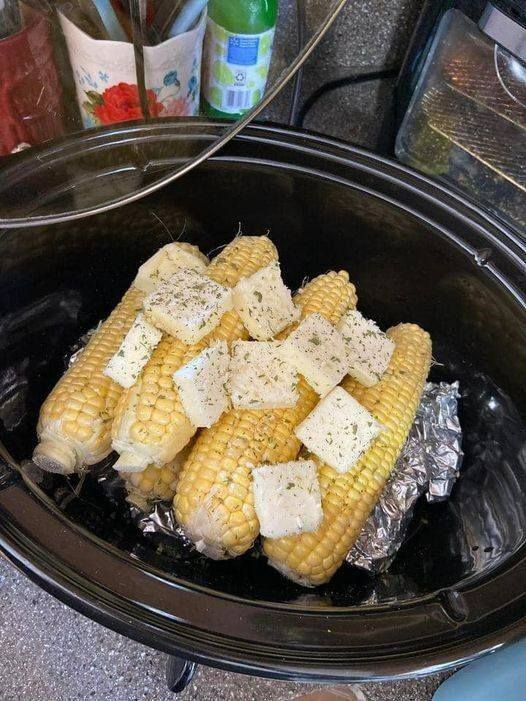Should You Rinse Ground Beef?
Ground beef is undeniably one of the most versatile ingredients in the kitchen, perfect for a wide array of dishes, from tacos and spaghetti to hearty casseroles and chili. However, there exists a spirited debate among cooks regarding a particular practice: Should you rinse your ground beef before or after cooking? This seemingly simple question can elicit passionate responses from both sides of the culinary spectrum.
Proponents of rinsing ground beef often argue that it can help reduce the fat content, leading to a leaner and healthier dish. They contend that rinsing can be the hero that saves your meal from becoming a greasy catastrophe. This perspective is especially appealing for those trying to cut down on calories or for anyone who prefers a less oily meal. By rinsing the ground beef, these cooks believe they can create a more wholesome dish that aligns with healthier eating habits.
On the flip side, many seasoned cooks strongly advise against rinsing ground beef. Their primary concern revolves around flavor. “When you rinse ground beef, you risk washing away some of the savory juices that make your dish delicious,” they argue. The fat and juices in ground beef are not merely there for texture; they significantly contribute to the overall taste of the dish. Removing them can result in a bland and dry outcome, robbing the meal of its intended richness and depth. For recipes that depend on the hearty flavor of well-cooked ground beef, such as spaghetti sauce or tacos, this loss can be particularly detrimental.
In addition to flavor concerns, rinsing ground beef can also be a messy process. The act of rinsing can splatter juices and fat around your kitchen, creating more cleanup work and making the cooking experience less enjoyable. Moreover, there is a practical issue to consider: rinsing fat down the drain can pose a plumbing risk. As the fat cools, it can solidify and lead to clogs in pipes, resulting in slow drainage and potentially costly repairs. To avoid this, it’s important to follow proper fat disposal methods. After cooking, letting the fat cool and solidify before scraping it into a container for disposal is the best practice. This way, you can keep your plumbing safe and avoid inconvenient plumbing issues.
Ultimately, the decision of whether or not to rinse ground beef may come down to personal preference and the specific dish you are preparing. For those prioritizing flavor and texture, skipping the rinse may be the best option. However, for individuals focused on reducing fat content, rinsing might seem like a sensible compromise. It’s important to consider the trade-offs involved and decide based on your cooking goals and preferences.
As with many culinary debates, the best approach might be to experiment with both methods to see which one aligns with your taste and cooking style. Whether you choose to rinse or not, the key is to ensure that you are getting the most out of your ground beef, creating delicious and satisfying meals that everyone will enjoy. After all, cooking should be a joyous and fulfilling experience, leading to dishes that are both flavorful and enjoyable to share.






